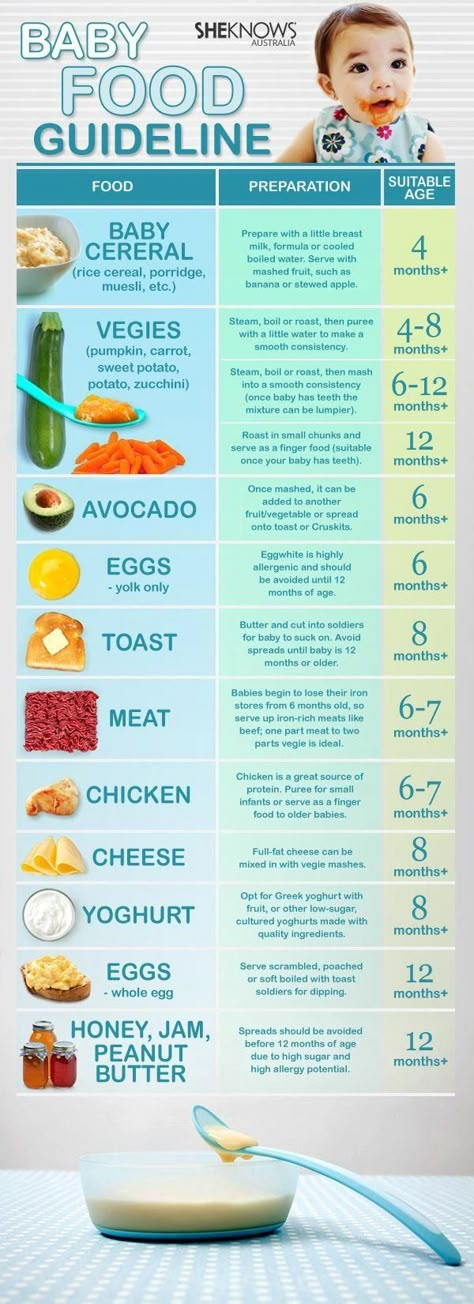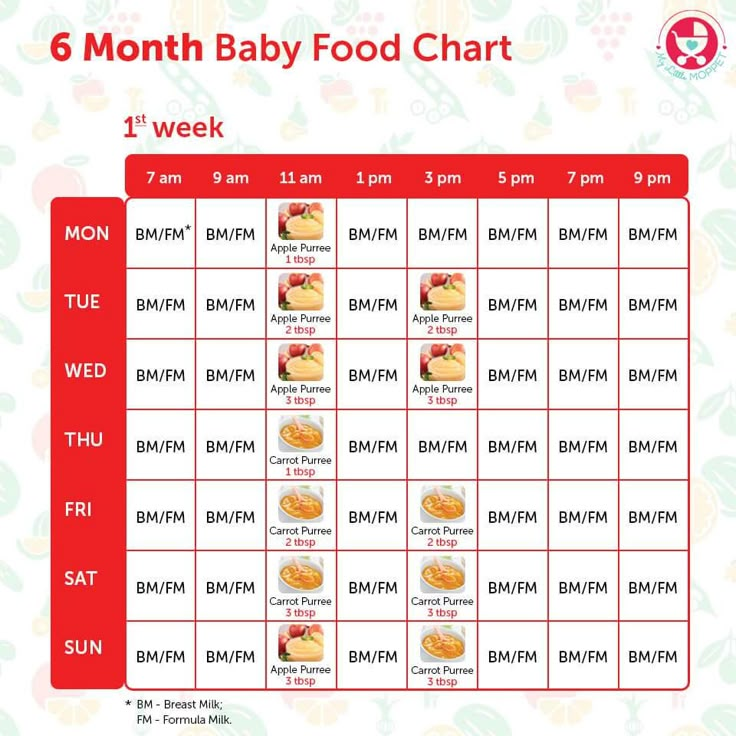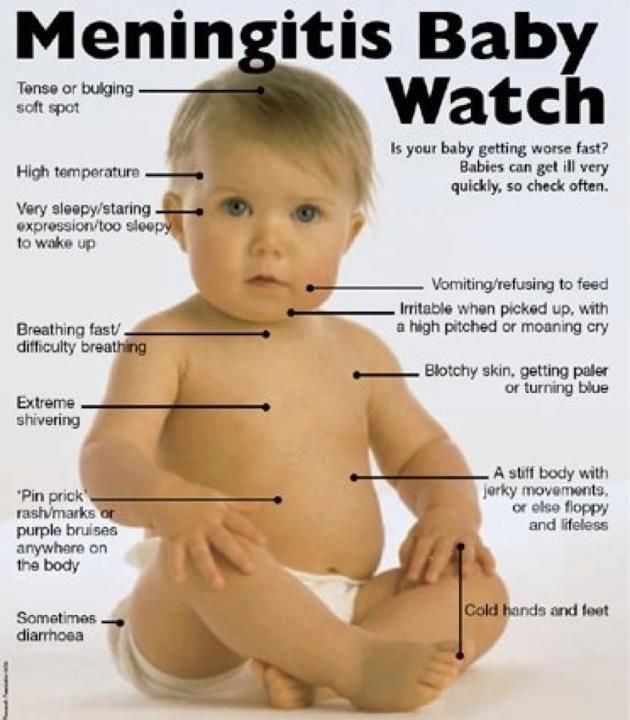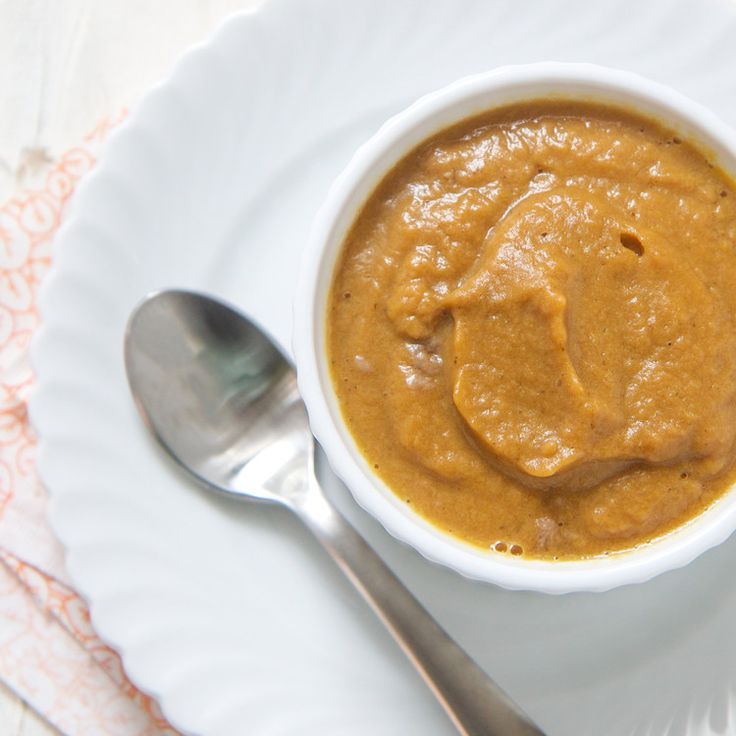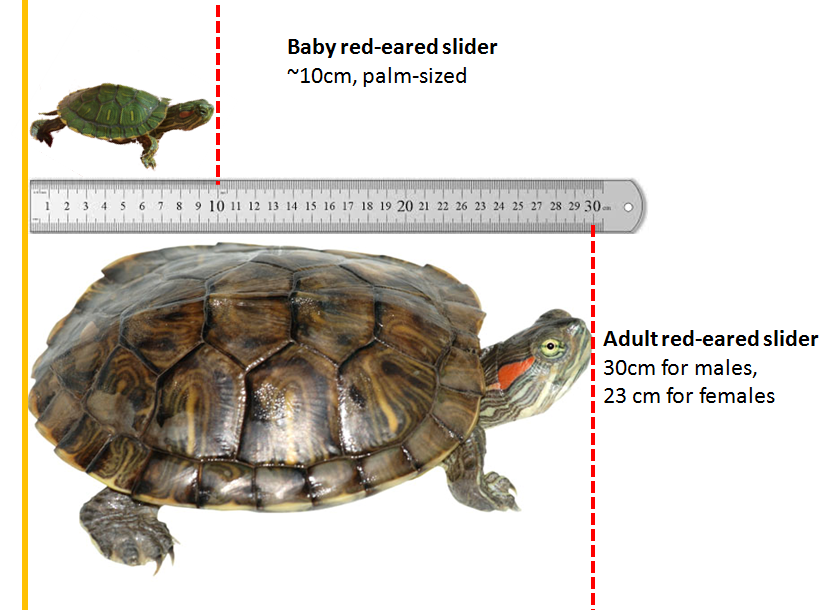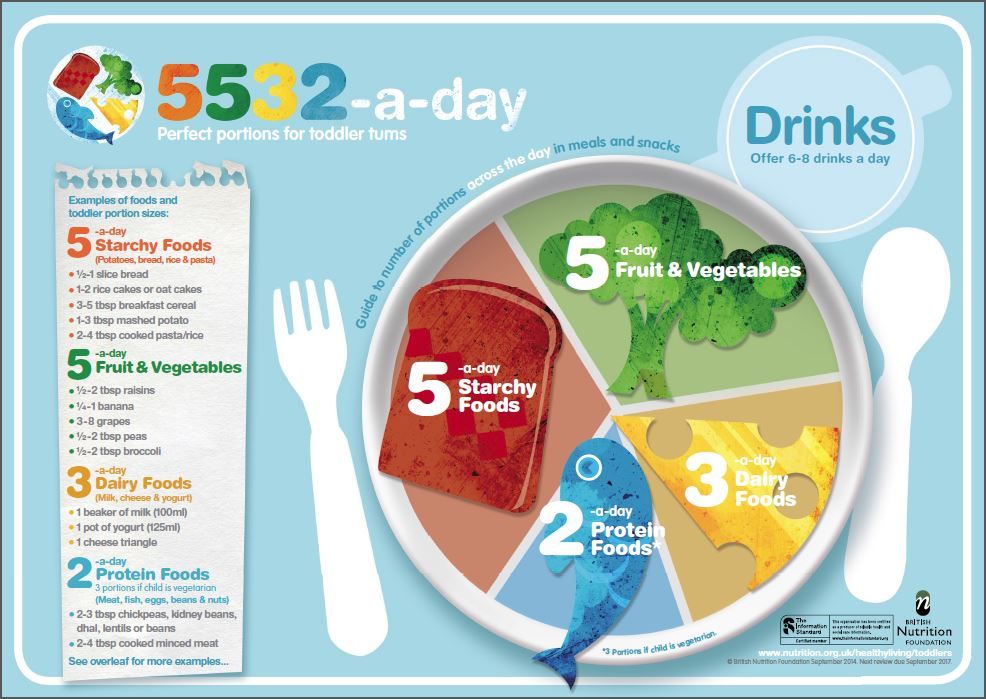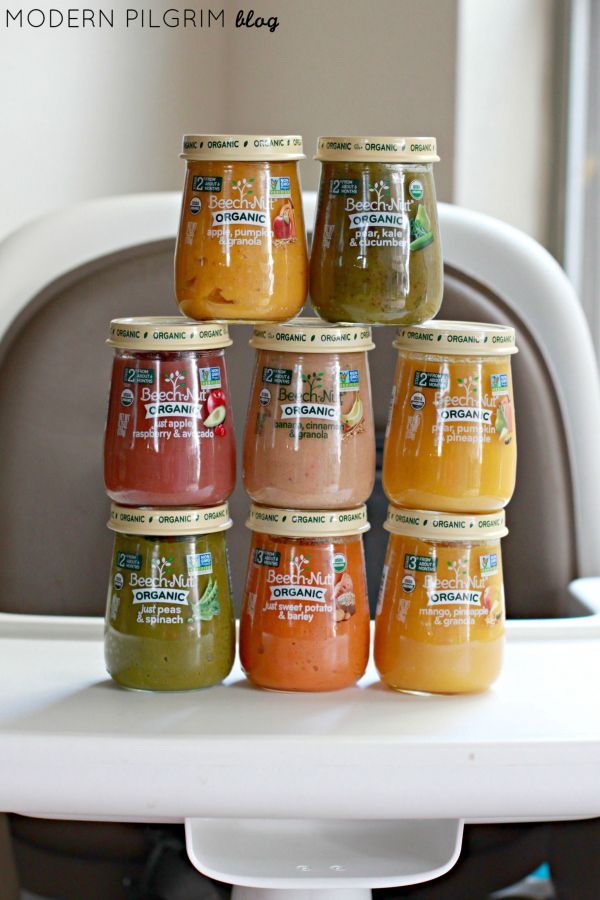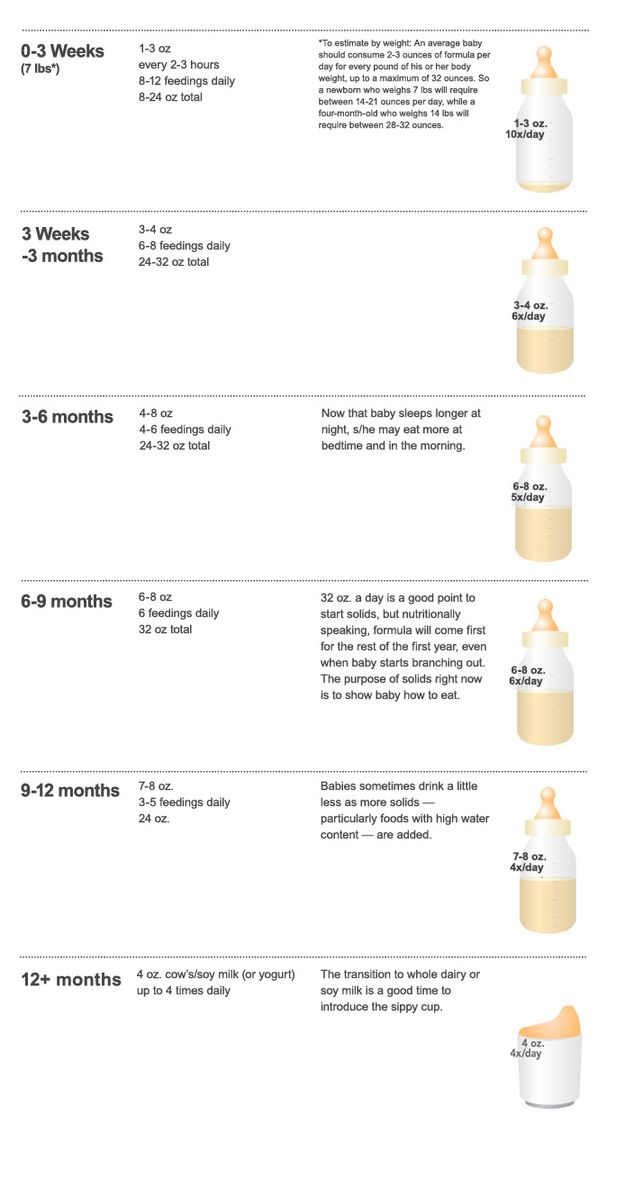Baby food no sugar added
U.S.D.A. Says No Added Sugar For Babies & Toddlers
We asked Registered Dietitian, Nicole Silber, RD, CSP, CLC, for her take on the USDA’s 2020-2025 Dietary Guidelines for Americans. Nicole is a board-certified specialist in pediatric nutrition and has worked with hundreds of children with chronic medical conditions, food allergies, picky eating, oral-motor and sensory processing disorders, breastfeeding, gastrointestinal conditions, prematurity and obesity.
For the first time ever, the 2020-2025 Dietary Guidelines for Americans included advice on how to properly feed children under two years of age. Among the guidelines offered to parents and healthcare professionals was a “complete avoidance of all added sugar for children until two years.” Yes, this means avoiding those gleeful gulps of “baby’s first ice-cream” 🍦 and beloved “smash cake,” 🎂 so popular at baby’s first birthday parties. 😥
2 Reasons to Eliminate Foods with Added Sugar from Your Baby’s Diet:
Infants and toddlers undergo growth and development at the fastest pace of the human lifecycle. In addition to rapid growth in their height and weight, children’s immune systems and brains also develop at a critical pace. Children under two have high nutrient requirements for their fast-growing, tiny bodies & bellies. They simply do not have any room in their diet for foods with added sugars, which would likely displace foods with healthy fats, protein, vitamins, minerals, and fiber–foods they need to be eating. If your toddler happily gulps down a bowl of ice cream, she might not be hungry for the foods that will help her grow.
Studies have shown that the foods babies eat in their first year of life can influence their later palates. Taste preferences are formed during this early munching time, so if introduced to very sweet foods, like sweetened cereals or mango juice, infants and young children may crave these sweet foods later in life. The Guidelines also advise to avoid all low and no calorie sweeteners. Their safety for children is still not yet well known. Although they do not displace calories from more nutritionally dense foods, they can also promote a preference for sweet flavors later.
Although they do not displace calories from more nutritionally dense foods, they can also promote a preference for sweet flavors later.
Unfortunately, research (NHANES 2007-2016) has shown that children ages 12-23 months simply eat too much sugar. On average, children 12-23 months are eating 100 calories per day from added sugar, with a range of 40-250 calories per day. While 100 calories may not sound alarming, it is a high percentage of a toddler’s daily diet, which does not require many calories to begin with. When one converts 40-250 calories of sugar per day into teaspoons of sugar, it amounts to 2.5 – 16 spoonfuls! The biggest culprits are sugar-sweetened drinks that account for 25% of the total sugar intake, and baked goods, like cakes and cookies. Those account for 15% of total sugar intake.
Tips to Curb Your Little’s One Sugar Intake
- Babies begin life already used to sweet flavors, as formula and breast milk are “sweetened” by lactose and other forms of sugars.
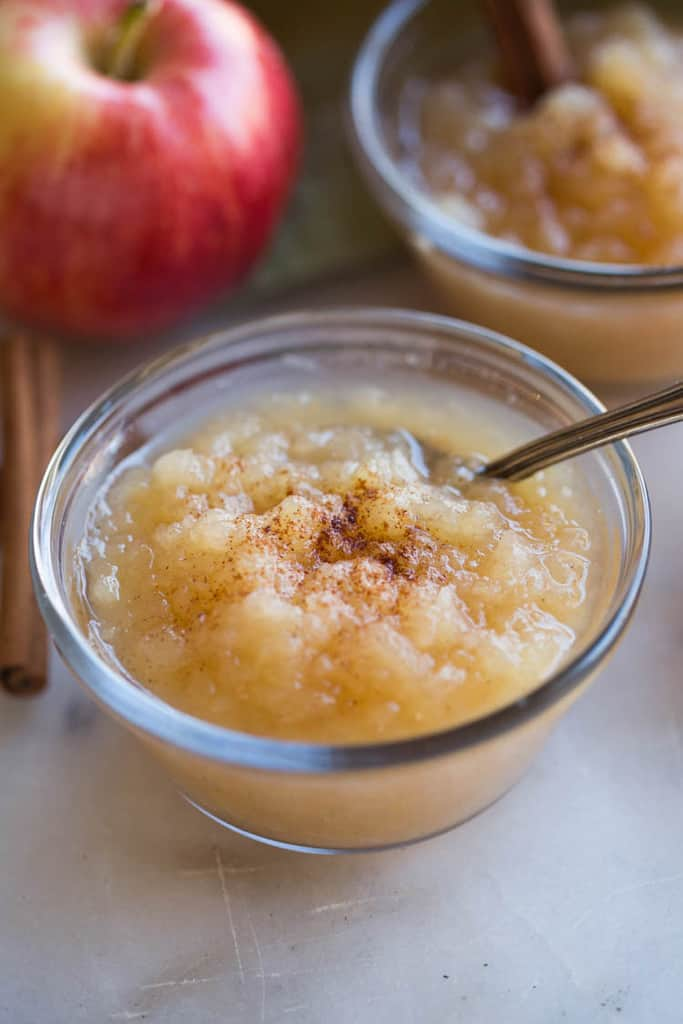 Once foods are introduced, around 6 months, serve babies a variety of all tastes, specifically savory flavors. Aim to offer more savory foods, like proteins and vegetables, on their own, without always blending them with sweet flavors, like fruits.
Once foods are introduced, around 6 months, serve babies a variety of all tastes, specifically savory flavors. Aim to offer more savory foods, like proteins and vegetables, on their own, without always blending them with sweet flavors, like fruits. - Avoid all juice, even 100% fruit juice, until baby is one. After one, you can introduce limited amounts of 100% fruit or vegetable juice, up to 4 ounces per day.
- Avoid feeding all sugar-sweetened beverages, like soda, sports drinks, fruit punch, and flavored waters. Drinks labeled as fruit drinks or “fruit flavored” drinks are not the same as 100% fruit juice and usually contain added sugar.
- Avoid offering sweetened, plant-based milk alternatives gaining in popularity, such as sweetened oat or almond milks, and toddler formulas with added sugar.
- Read the nutrition facts on the back of food labels. While trying to limit total sugar, specifically focus on the added sugars, which are now listed on a separate row.
 (Yay!) Choose options that have zero grams of added sugar.
(Yay!) Choose options that have zero grams of added sugar. - Read the ingredient lists on the back of food labels and avoid products these ingredients: cane sugar, sugar, honey, maple syrup, brown rice syrup, and high fructose corn syrup.
- When baking for your little ones, substitute added sugars like cane sugar, honey, or maple syrup with mashed fruit, like bananas and apple sauce.
- Choose unsweetened yogurts, cereals, nut butters and granola bars. Most flavored yogurts, including vanilla-flavored yogurts, are sweetened with sugar.
- Replace ice cream with blended frozen fruit made with a splash of milk and vanilla extract.
While the guidelines are clear to eliminate all added sugars until two, it is ultimately a matter of balance and listening to your personal preference! I like to generally avoid added sugar in such young children wherever I can, but sometimes, particularly at special occasions, babies will take a few bites of that smash cake or licks of ice cream.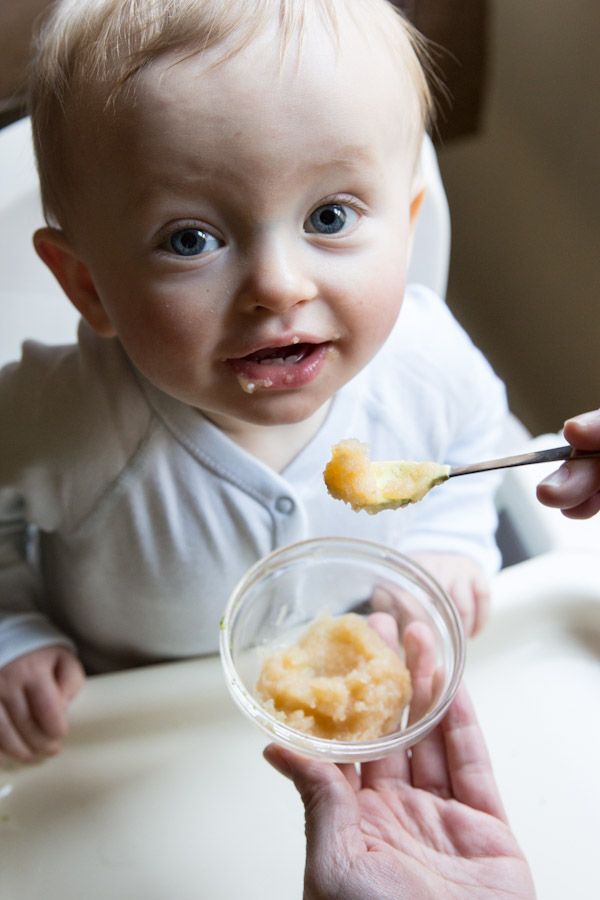 So long as their day-to-day eating is free of added sugar, your baby’s taste buds should be in good shape.
So long as their day-to-day eating is free of added sugar, your baby’s taste buds should be in good shape.
Nicole is the creator of Tiny Tasters, a series of on-demand and live classes that teach parents everything they need to know about how to feed their babies and toddlers. Prior to her current roles she was a clinical nutritionist at the Morgan Stanley Children’s Hospital at New York-Presbyterian/Columbia and at NYU Langone/Fink Children’s Ambulatory Care Center. Nicole lives in New York with her husband and her toddlers, Lily and Luna!
To read more about the Dietary Guidelines for Americans 2020-20205, click here.
Six shop bought baby foods with NO added sugar
Share this article
While most baby food is marketed as having low or no added sugar only a handful of products actually fit the bill, with plenty containing added sugar in the form of fruit juice concentrate.
Food that is marketed as being ‘naturally sweetened with fruit ingredients’ still has added sugar by way of juice concentrate which is often equivalent to a few teaspoons of sugar.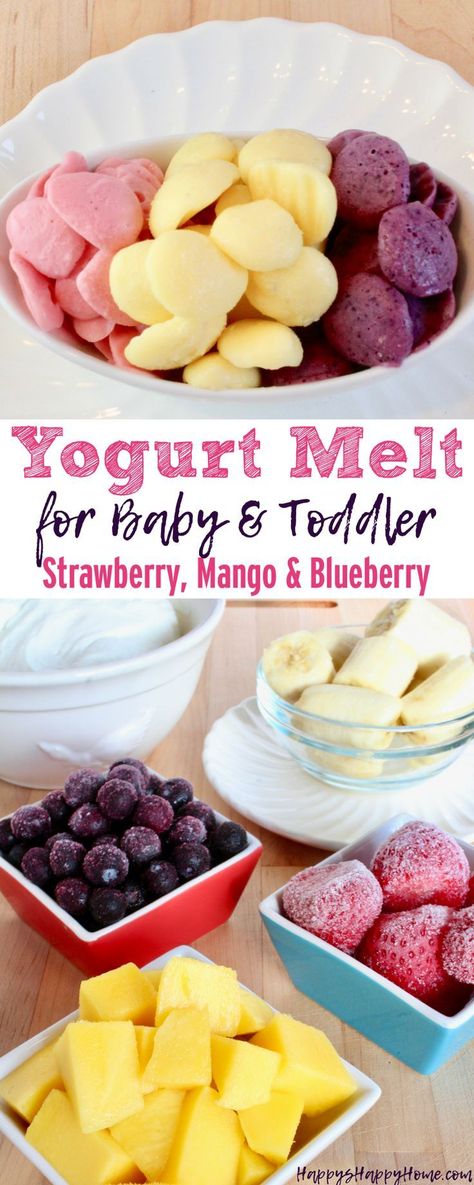
We did a bit of research and found some baby food that is 100 per cent free of added sugar, and we’ve also suggested some foods that are naturally low or free of sugar that you might already have at home.
1. Organic Bubs Australia – Raw Cacao with Custard and Raspberries
An organic product made using chocolate custard with fresh Australia milk, organic raspberries and raw cacao. Did you know cacao is one of the most antioxidant-rich foods in the world? It contains more than 300 important compounds including protein, calcium, magnesium and iron, and has no sugar.
Buy it HERE.
2. Bellamy’s – Organic sweet potato carrot & apple
Made from certified organic products, this pouch is suitable for babies aged from four months and can be served warmed or at room temperature. In summer months it can be frozen and makes a nice healthy slushie. Found in some pharmacies, independent grocery stores and Coles.
Buy it HERE.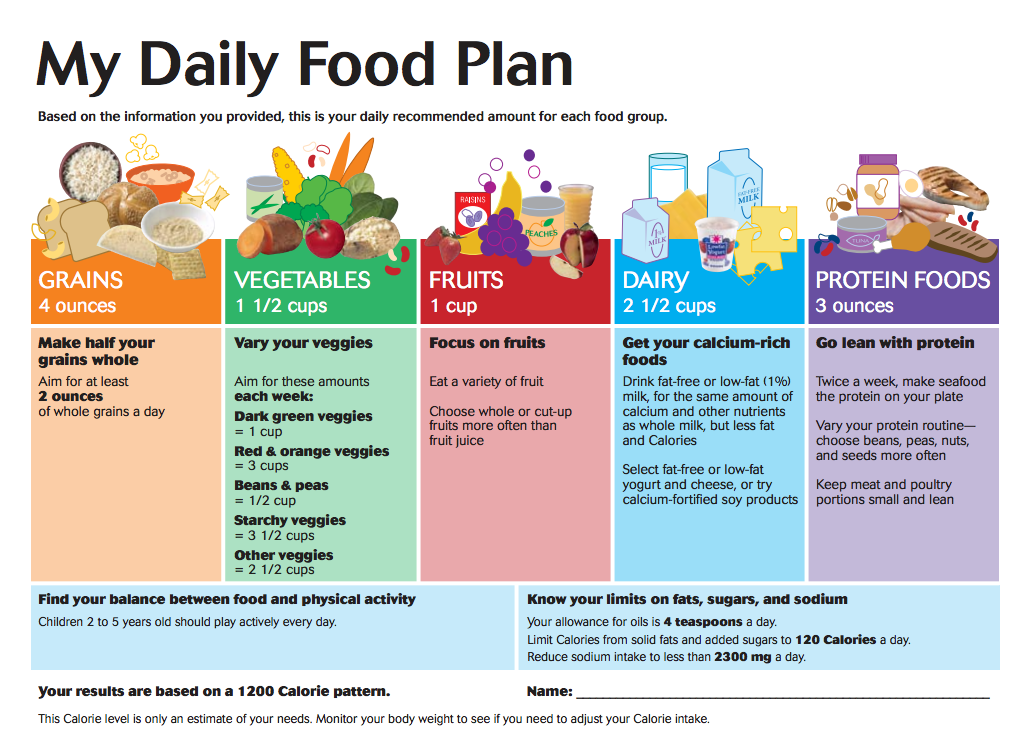
3. Rafferty’s Garden – Spinach, apple, broccoli and pea smooth baby food
This is a naturally-sweet product that is packed with the super greens spinach and broccoli. The ingredients are 70 per cent apple, 18 per cent peas, 8 per cent broccoli and 4 per cent spinach and nothing else. It is made in Australia and available in most supermarkets and baby stores.
Buy it HERE.
4. Only Organics – Mango and Yoghurt Brekkie
Made to a traditional recipe this product is 60 per cent apple, 20 per cent carrot and 20 per cent pumpkin. It is a wholly organic product suitable for babies from four months and is naturally sweet and easy to swallow.
Buy it HERE.
5. Organic Bubs Australia – Super Vegetable Rice Congee
This one is made from organic rice congee, pumpkin, carrot and spinach and loaded with naturally occurring vitamins and minerals. It has no preservatives, GMOs, fillers or any added salt or sugar.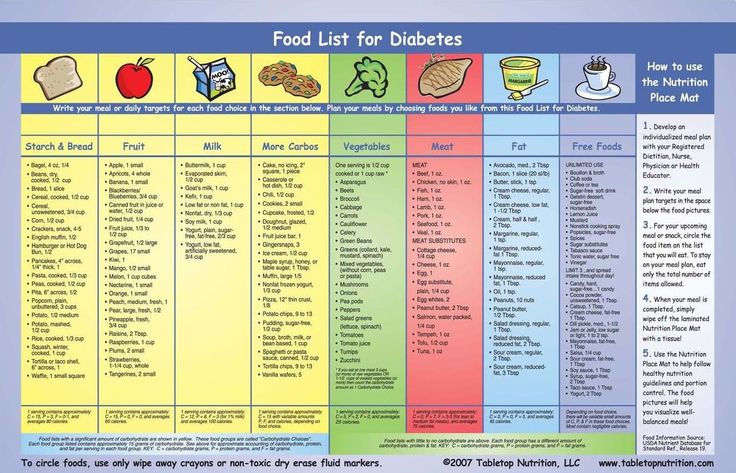 Best for babies aged over six months and it is available online or Coles. Comes in BPA-free pouches.
Best for babies aged over six months and it is available online or Coles. Comes in BPA-free pouches.
Buy it HERE.
6. Mamia – Organic Baby Fruit, Apple
The Mamia fruit puree range, available from Aldi, is all made with organic fruit and no other ingredients. The apple pouch pictured here, for instance, contains 100% organic apples. An ideal smooth snack for baby when you are on the go, it is suitable from 4 months of age. Other fruit combinations include Apple, Pear & Cinnamon; Pear, Banana & Mango; or Pear, Apple & Berries.
Buy it HERE.
Five healthy snacks you probably have in the fridge or cupboard
- Watermelon, easy for babies to suck on and nutritious
- Frozen peas, great in summer and will keep kids amused in highchair for ages
- Boiled eggs cut up in to bite-sized pieces
- Chunks of cheese or plain yoghurt
- Corn thins, rice cakes or cooked pasta pieces with grated cheese
It’s not always an option to prepare nutritious snacks and finger foods for your baby and packaged snacks are convenient when you’re out and about or as a backup.
Just make sure you read the ingredients list first and remember they are listed in order of most to least. Also check for real fruit and veggies and not just powders or concentrates.
Here is advice on the difference between puree based and baby led weaning and a whole heap of suggestion for homemade baby food.
WHO Guidelines
The World Health Organisation (WHO) recommends that parents introduce solid foods into their children’s diets when they are six months old, and feed them a varied diet of meat, poultry, fish and eggs along with fruits and vegetables.
Check out our Healthy Kids Cookbook!
Stuck for baby, toddler and kiddie recipe ideas and meals?
Well, our Healthy Kids Cookbook provides parents with simple recipes which are delicious and nutritious for kids and parents alike.
All the recipes have been designed and cooked by a nutritionist, and eaten by real kids.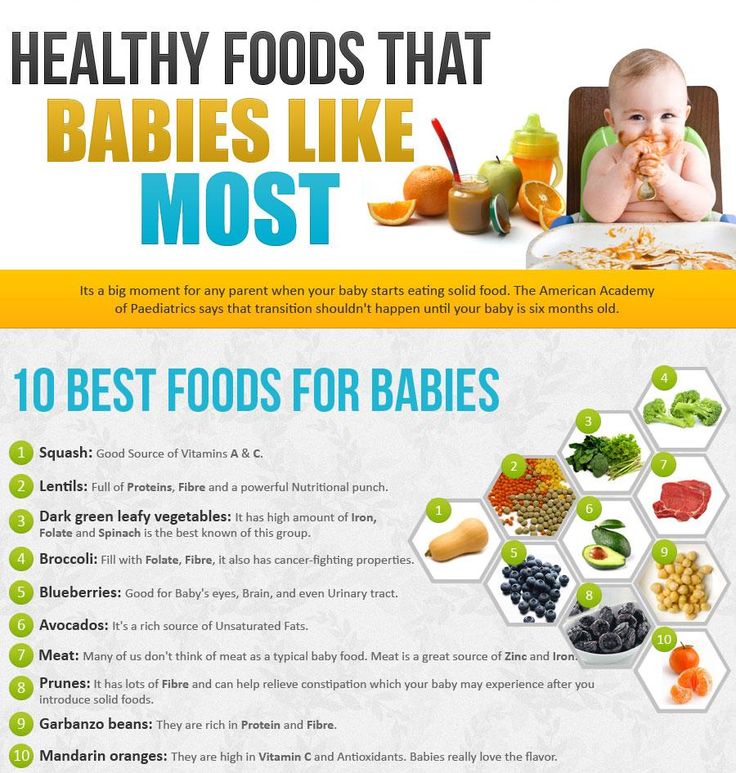
The Healthy Kids Cookbook Includes:
- Foods for baby
- Breakfast ideas
- Lunch box food
- Delicious dinners
- Party time food
- Tips for fussy eaters
- Created by a leading nutritionist
- 56 recipes.
This cookbook also includes some information about how many serves of each food group your child should be eating, how to develop healthy eating habits, and how to deal with fussy eaters.
For more information and or to buy your copy today click here.
Share this article
TOP 5 best formulas for newborns
Worried about the dangers of sugar in baby food? In this material, we will consider the types of mixtures in which manufacturers do not use sugar and its analogues.
Contents
- 1 What makes a mixture sweet? Sugar, lactose, maltodextrin
- 2 TOP 5 best mixes without sugar and its substitutes
- 2.
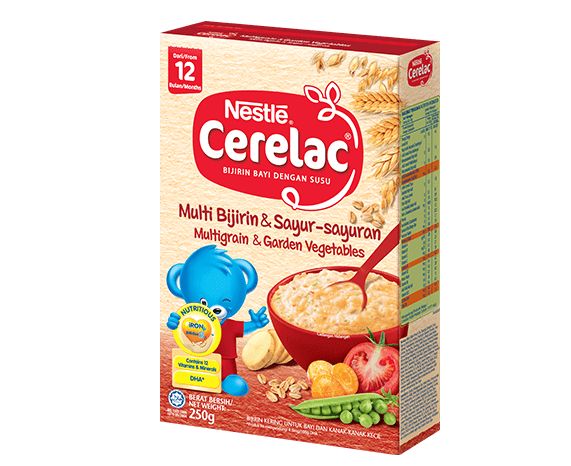 1 Nutrilon Premium 1, 2, Junior 3, 4
1 Nutrilon Premium 1, 2, Junior 3, 4 - 2.2 Hipp Combiotic 1
- 2.3 Similak Gold 182
007 2.4 Kabrita 1, 2, 3
- 2.5 MD Mil Goat 1, 2, 3
- 2.
What makes a mixture sweet? Sugar, lactose, maltodextrin
The new generation of infant formulas no longer use pure sugar to give the product a sweet taste. It is replaced by lactose, maltodextrin, which is a carbohydrate, glucose, molasses or fructose. If the child is not allergic to lactose, then parents can safely buy adapted milk formulas. If lactose intolerance exists, then you should pay attention to lactose-free mixtures. When choosing the right food for babies, you should carefully study the composition and give preference to those that do not contain maltodextrin, glucose syrup or fructose.
TOP 5 best formulas without sugar and its substitutes
Nutrilon Premium 1, 2, Junior 3, 4
Classic milk formulas that are suitable for children without deviations in health.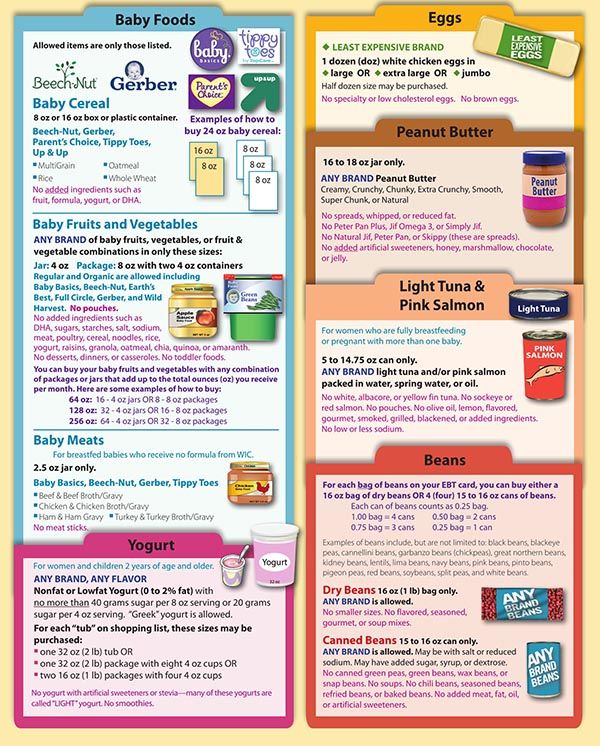 The manufacturer has taken care of all the nutritional needs and the necessary balance of the components of the mixture for babies aged 0 to 3 years. Nutrition is close to mother's milk in terms of the content of whey and casein proteins, enriched with amino acids. The absence of maltodextrin eliminates the child's future attachment to sweets. Nutrilon strengthens the immune system, improves bowel function, has a huge range, eliminates colic and excessive gas formation.
The manufacturer has taken care of all the nutritional needs and the necessary balance of the components of the mixture for babies aged 0 to 3 years. Nutrition is close to mother's milk in terms of the content of whey and casein proteins, enriched with amino acids. The absence of maltodextrin eliminates the child's future attachment to sweets. Nutrilon strengthens the immune system, improves bowel function, has a huge range, eliminates colic and excessive gas formation.
Hipp Combiotic 1
Recommended for feeding babies from the first days of life. Nutritional ingredients allow the child's body to form properly, and the intestines to work without failures. The probiotics included in Hipp Combiotic 1 are practically the same as those found in breast milk. Thanks to minerals and vitamins, all organs and glands of the baby develop without flaws. Polyunsaturated fatty acids have a beneficial effect on the brain and visual system. Sugar and sugar substitutes are only missing from this milk formula labeled 1.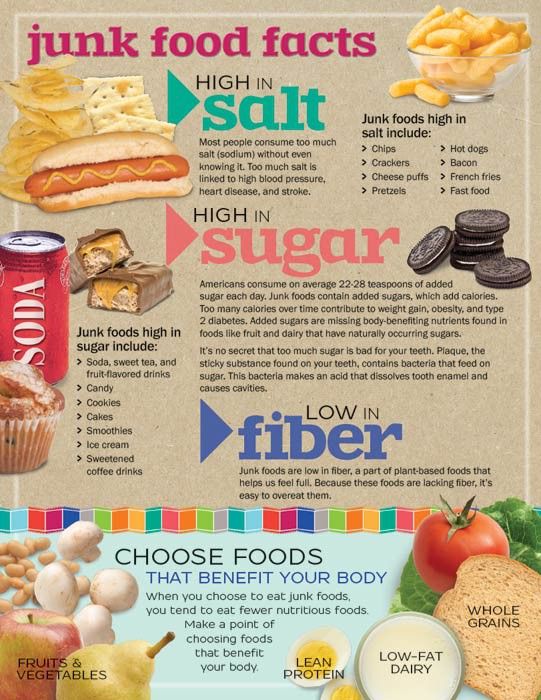
Similac Gold 1.2
Contains all essential vitamins, acids and minerals. They contribute to the proper physical and mental development of the baby. Most nutritional reviews from professionals and parents are positive. Similac is well absorbed and does not cause discomfort in the digestive tract of the child. Analysis of the composition shows that food labeled Gold (formerly Premium) 1 and 2 does not contain maltodextrin, sucrose, glucose. However, Similac Gold 3 contains sucrose.
Kabrita 1, 2, 3
Goat milk food, which is excellent for children suffering from lactose intolerance to cow's milk. The fat complex, which was specially developed for the Cabrita company, is the hallmark of the mixtures. This complex improves the absorption of calcium, improves digestion. Parents note the delicate and creamy taste of milk, a noticeable increase in immunity with the systematic use of the Kabrita mixture in food. However, the Kabrita has a high price tag. Although this mixture is without sugar and its substitutes, palm oil can be found in its composition, which is harmful to the health of the child.
Although this mixture is without sugar and its substitutes, palm oil can be found in its composition, which is harmful to the health of the child.
You will find this list of the best goat milk formulas useful.
MD Mil Goat 1, 2, 3
A balanced complex of vitamins, minerals and all the necessary nutrients provide a newborn baby with harmonious development and good nutrition. Prebiotics, which are part of MD Mil Goat, improve the functioning of the gastrointestinal tract and heal the microflora. Goat's milk, on which the food is prepared, is fat-free and does not overload the stomach of the newborn. Parents note hypoallergenic nutrition and a positive effect on bowel function. Does not contain maltodextrin, which many mothers consider completely useless, and sometimes even harmful.
Energy 57 kcal
= 237 KJ
Squirrels 3 g
Carbohydrates 4 g
Fat 3.2 g
Fibers -
Energy {FoodStUFF.